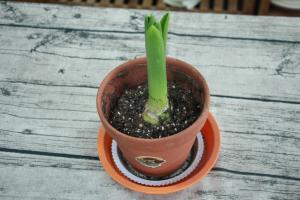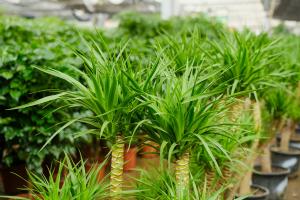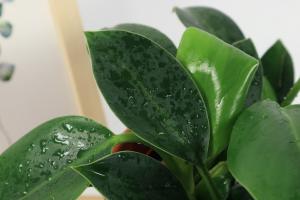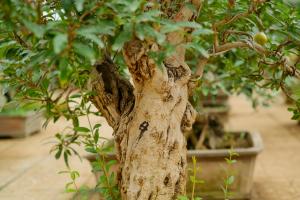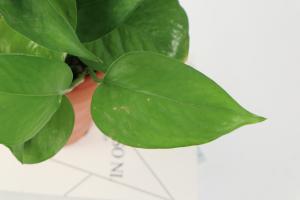Introduction
Many pet owners love to grow tomatoes in their gardens so that they can enjoy fresh and delicious tomatoes. However, they are concerned about the safety of their dogs when it comes to tomato plant foliage. In this article, we will explore whether tomato plant foliage is toxic for dogs or not.
Tomato Plant Foliage
Tomato plant foliage refers to the green leaves of the tomato plant. These leaves are an important part of the plant as they play a crucial role in the process of photosynthesis. They also help the plant to regulate water balance, prevent water loss, and protect the plant from damage. However, some parts of the tomato plant contain compounds that are toxic to dogs.
What Makes Tomato Plant Foliage Toxic?
Tomato plants are members of the Solanaceae family, which includes other plants like potatoes, peppers, and eggplants. The leaves, stems, and unripe fruit of these plants contain a chemical called solanine, which is toxic to dogs. Solanine is a glycoalkaloid, which means it is a naturally occurring pesticide that the plant uses to protect itself from predators. When ingested by dogs, solanine disrupts the normal functioning of the nervous system, leading to digestive problems, diarrhea, vomiting, lethargy, and even death.
How Much Is Too Much?
The amount of solanine present in tomato plant foliage varies depending on the plant's species, age, and growing conditions. In general, the more mature the plant, the less solanine it contains. Therefore, young tomato plants have higher levels of solanine than older plants. However, even small amounts of tomato plant foliage can be toxic to dogs, especially if they are small breeds or have underlying health conditions. Similarly, dogs that eat large amounts of tomato plant foliage are more likely to experience serious symptoms.
What Should You Do If Your Dog Eats Tomato Plant Foliage?
If you suspect that your dog has ingested tomato plant foliage, you should contact your veterinarian immediately. Delaying treatment can be life-threatening, especially for young puppies or dogs with weakened immune systems. Your veterinarian will perform a physical examination and may conduct blood tests or other diagnostic tests to determine the extent of the damage. Treatment may involve inducing vomiting, administering activated charcoal to absorb the toxins, or providing supportive care to manage the symptoms.
Conclusion
In conclusion, tomato plant foliage is toxic to dogs due to the presence of solanine, which is a naturally occurring pesticide. Even small amounts of tomato plant foliage can be dangerous to dogs, especially if they are young or have underlying health conditions. If you grow tomatoes in your garden, make sure to keep your dogs away from the plants and dispose of any fallen leaves or fruit. If your dog eats tomato plant foliage, contact your veterinarian immediately for prompt treatment.

 how many times do yo...
how many times do yo... how many planted tre...
how many planted tre... how many pine trees ...
how many pine trees ... how many pecan trees...
how many pecan trees... how many plants comp...
how many plants comp... how many plants can ...
how many plants can ... how many plants and ...
how many plants and ... how many pepper plan...
how many pepper plan...